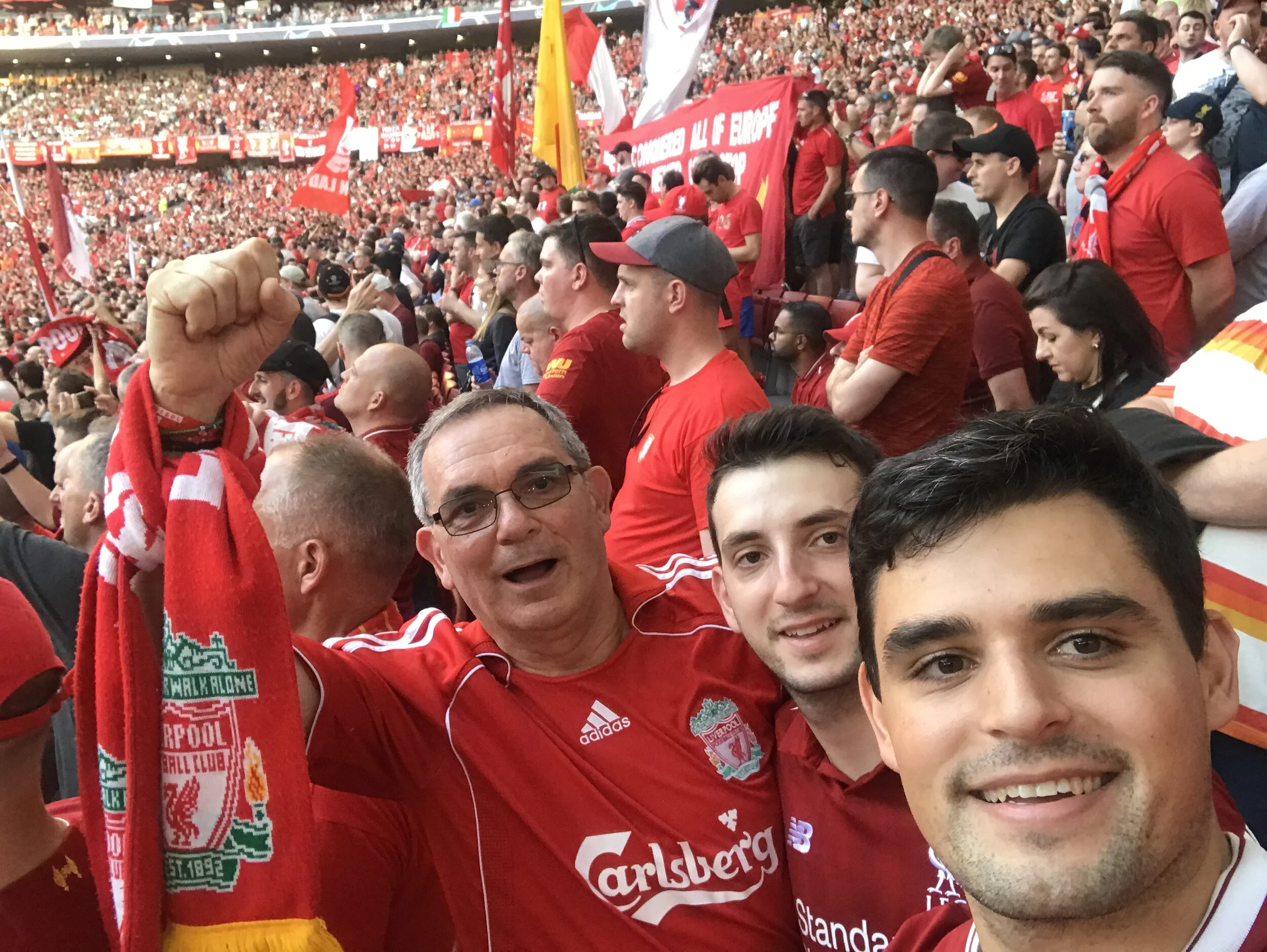Footprints on the Sand of Time
Identity, connections and the Spirit of Cyprus
On many of our long walks around Europe a friend of mine, no doubt to pass the time, would challenge me – what are you Robert, British or Cypriot or (confusing nationality with ethnicity) a Greek? I would reply assuredly with my best stock reply - I am a British Cypriot. You sound confused about your identity, he would say, and then demand that I choose one. I would say that is a meaningless demand. I am me – an individual, with a specific collection of attributes which cannot be stereotyped.
In truth this identity ambiguity troubled me. Is the price of multi-culturalism a blurring of identity? How do I answer questions like where are you from? Where is your home? As a son of economic migrants who crossed borders, languages, cultures, religions in moving their ‘home’, how would I identify myself in answering simple questions like that?
You cannot choose your identity. Nor can it be defined by your birthplace in our multicultural, globalised modern reality. But where is my home? What is that makes it home for me? To answer this one must rise above passports, borders and even the Tebbit test.
The answer may not be defined by reference to a place like ‘England’ or ‘Cyprus’ or ‘London’ or ‘Paphos’, although that place may be significant as it may be where you find ‘home’. Indeed, it is likely that your ‘home’ may be found in multiple locations.
The answer could be something like this:-
this is how I live my life; these are the type of people I want to be with; this is how I want to go about doing certain activities, such as what I want to eat and this is how I want to eat it; this is how I want to socialise or work; this is how I want to give and experience hospitality.
With many ingredients to ‘home’, there are many places where it can be found. For me a number are Cypriot in origin – the food I eat, the humour that tickles me, the customs and events I enjoy etc. Generally, home is where and when we feel ‘comfortable’, at ease, happy even. On this definition this feeling of home can be found in many places and situations, even in a crowd of Liverpool fans in Kiev, Madrid or Anfield. In this way we take ‘home’ with us like a snail or crab – wherever I lay my hat.
Memories are the architecture of our identity. Their origins are rooted in our past experiences of places and moments where we felt ‘comfortable’. For me some of these places would include Varosha or Trikomo in Cyprus where I spent many happy times as a child and a teenager. As these are gone forever following the partition of the island, have these elements of my home and identity gone with them? Or have those connections with the past moved to a new location?
This is the familiar experience of migrants. They may be far from their origins, both physically and culturally, but they have brought with them their connections with the past - customs, social behaviour, prejudices and beliefs. In this sense they are at ‘home’ although not in the place of their birth or provenance.
The ‘longing’ feeling that comes from those connections comprise nostalgia, warm memories, a sense of peace or joy or comfort or safety. This is tasting the connections.
Migrants replicate elements of these connections and imbibe them with a sense of warmth, safety, happiness, wherever they may be, whenever they can. For me they comprise little cameos - a Greek BBQ in an English garden; a Greek wedding in an English country home; watching an English football match in a pub in Cyprus etc. I feel comfortable and at home in all. It is part of the home I carry around with me.
It is as a son of first generation migrants that I embarked on a personal odyssey to explore those connections whose genesis can be found in the Spirit of Cyprus.




